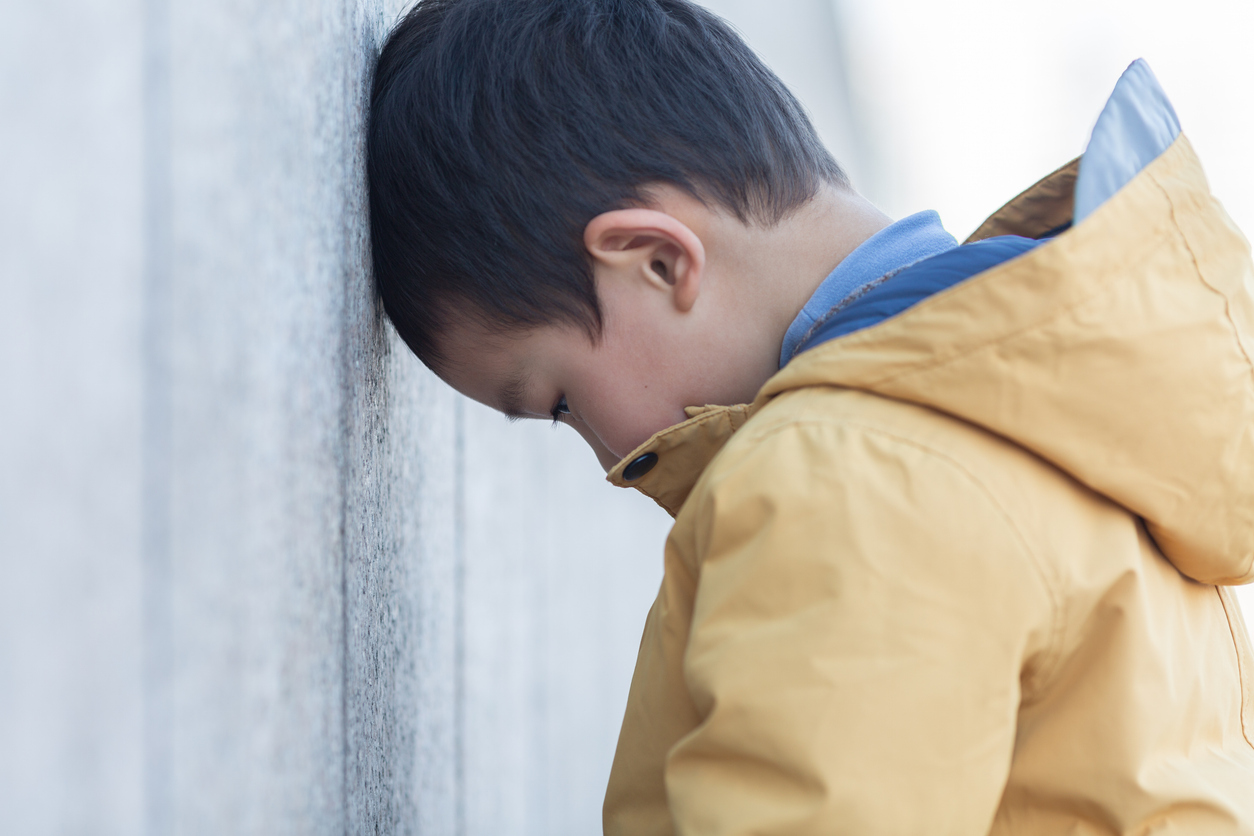
Building Trauma Informed Schools
3 credits / 45 hours
Instructor Patricia Calise
Course Description
This course will help K-12 teachers to understand that every child’s narrative is important. Trauma whether it be one-time, multiple times, or long lasting can effect everyone differently. We may need to look at our students’ behaviors and academic performance through a different lens. The impact of childhood trauma is a pressing issue among educators today. ” To truely cultivate social and emotional wellness throughout a school, districts can learn how to intentionally design classroom and school-wide environments, routines, and rituals that promote social and emotional health and well being for all.”(Lauth,2018) Our classrooms have become a safe place for many of our students. That is why educators need tools to help identify and support them. ” Trauma may look different from student to student, so it’s prudent to always use trauma-responsive practices”(Todd, 2021) Trauma informed educators can make a difference.
$285.00 – $580.00
Course Description
This course will help K-12 teachers to understand that every child’s narrative is important. Trauma whether it be one-time, multiple times, or long lasting can effect everyone differently. We may need to look at our students’ behaviors and academic performance through a different lens. The impact of childhood trauma is a pressing issue among educators today. ” To truely cultivate social and emotional wellness throughout a school, districts can learn how to intentionally design classroom and school-wide environments, routines, and rituals that promote social and emotional health and well being for all.”(Lauth,2018) Our classrooms have become a safe place for many of our students. That is why educators need tools to help identify and support them. ” Trauma may look different from student to student, so it’s prudent to always use trauma-responsive practices”(Todd, 2021) Trauma informed educators can make a difference.
Course Objectives
Students that enroll in this class will...
Know
1. what it means to support students who have experienced trauma.
2. how to incorporate strategies and best practicies into daily lessons and activities.
3. what can be accomplished to meet those students who have experienced trauma so they feel safe, welcomed, and successful.
Understand
1. what ACE is.
2. the effects of trauma and how it impacts students.
3. relationships are the critical component for creating a safe and productive learning environment.
4. what it looks like in the classroom.
5. different types of trauma.
and Be Able To
1. define trauma.
2. become trauma informed.
3. implement techniques in diverse school systems and begin to explore situations.
4. recognize triggers
